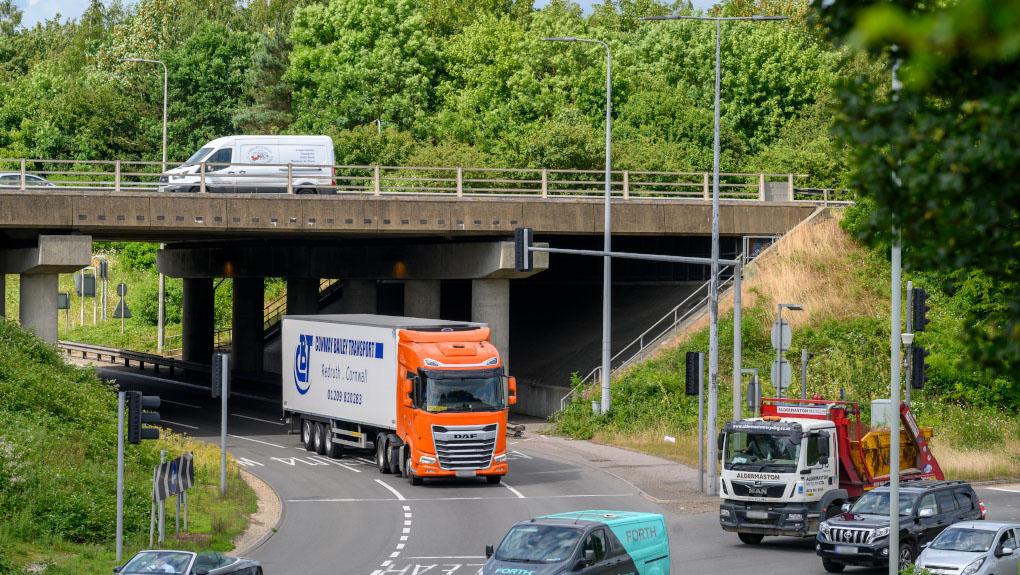
According to ORR’s assessment of National Highways’ performance and delivery, published today (Friday18 July), over the last five years the company opened 30 major enhancement schemes for traffic with another 11 under construction, achieved improved environmental outcomes, and met targets for clearing incidents; mitigating the impact of roadworks; and maintaining the road surface.
National Highways also made £2.2bn in efficiency savings, more than its target. This is notable in the context of high inflation during the period, and a significantly altered programme, including the National Emergency Area Retrofit scheme on all lane running smart motorways.
However, the company missed or is likely to miss five of its 12 key performance indicators, for reasons both within and outside its control. These five are:
- The number of people killed or seriously injured on the strategic road network;
- Timeliness and accuracy of roadworks information;
- Corporate carbon reduction;
- Mitigation of delay; and
- Road user satisfaction levels.
The company also did not deliver 11 enhancements to the dates it committed, as well as two of its five renewals outputs commitments, for reasons within its control.
In light of its missed and forecast missed commitments, ORR expects National Highways to use the current time between RP2 and RP3, as it reaches the end of its first decade, to collate the lessons it has learned into a continuous improvement plan, so it can better prepare to meet its commitments and challenges in RP3 and beyond.
National Highways must also continue the good progress it has made to implement its improvement plan following ORR’s investigation into its performance and capability. This includes improving its ability to understand the impacts of interventions, and how these translate into improved performance and delivery for road users.
John Larkinson, ORR chief executive, said:

